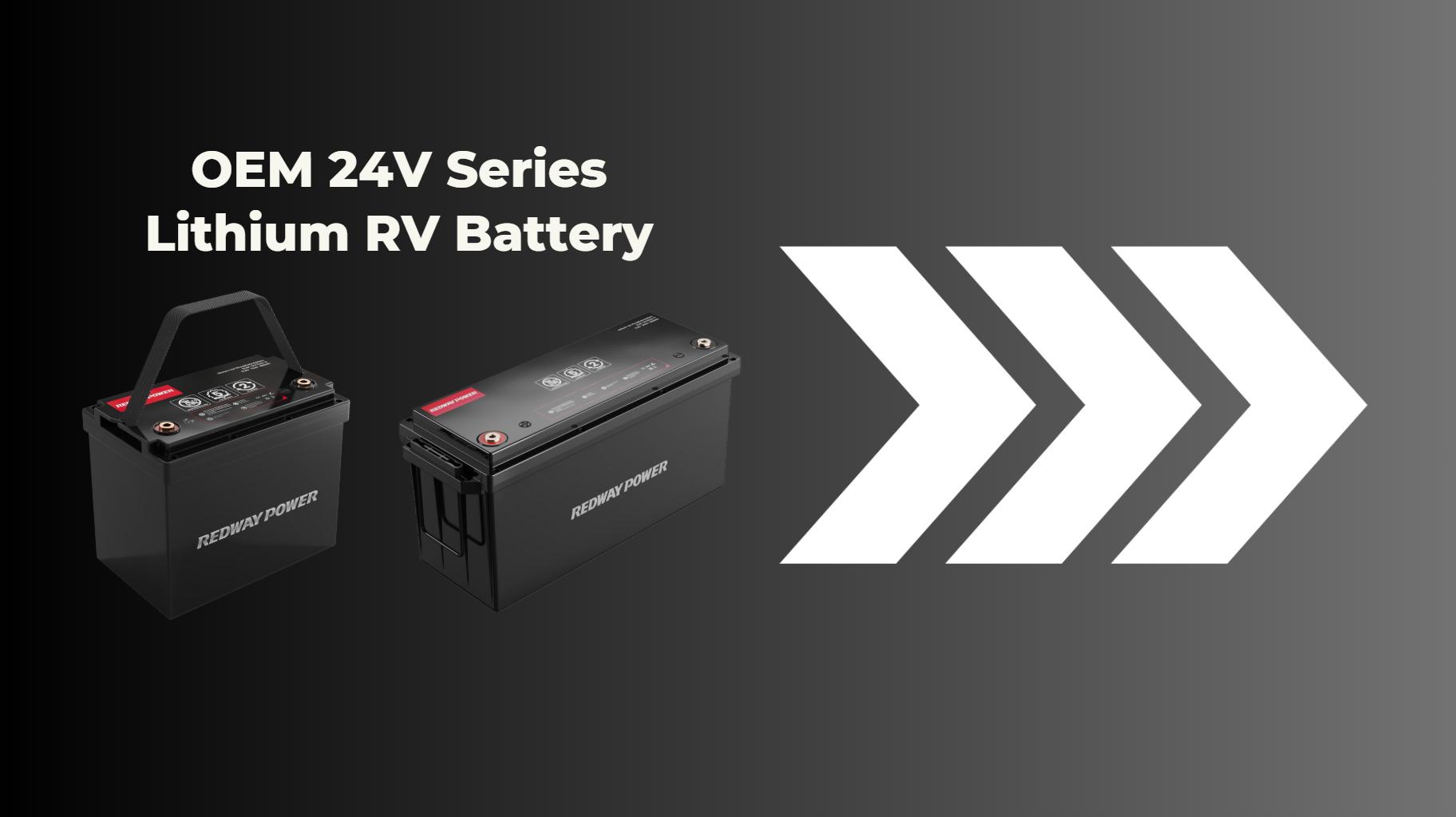
How to Choose and Maintain a 24V LiFePO4 Battery
A 24V LiFePO4 battery is a lithium iron phosphate battery that offers high energy density, longevity, and safety. It is ideal for applications such as solar energy storage, electric vehicles, and backup power systems. Understanding how these batteries work and their advantages can help you make informed decisions about your energy needs.
What is a 24V LiFePO4 Battery and How Does it Work?
A 24V LiFePO4 battery (Lithium Iron Phosphate) is a type of rechargeable lithium battery known for its stability, safety, and long cycle life. It operates at a nominal voltage of around 25.6 volts and can be used in various applications, including renewable energy systems, electric vehicles, and portable power supplies. The chemistry of lithium iron phosphate allows for efficient energy storage and release, making it suitable for deep cycle applications.
Chart: Basic Characteristics of 24V LiFePO4 Batteries
| Characteristic | Value |
|---|---|
| Nominal Voltage | 25.6 V |
| Capacity Range | Typically 100Ah+ |
| Cycle Life | Up to 6000 cycles |
| Depth of Discharge | Up to 100% |
| Weight | Lighter than lead-acid |
What are the Advantages of Using a 24V LiFePO4 Battery?
LiFePO4 batteries offer several advantages over traditional lead-acid batteries:
- Longer Lifespan: They can last up to eight times longer than lead-acid batteries.
- Higher Efficiency: They have higher charge/discharge efficiency, typically around 95%.
- Safety: They are less prone to overheating and thermal runaway.
- Lightweight: They are significantly lighter than lead-acid counterparts.
- Environmental Impact: They are more environmentally friendly due to their non-toxic materials.
Chart: Comparison of Battery Types
| Feature | Lead-Acid | LiFePO4 |
|---|---|---|
| Lifespan | ~500 cycles | Up to ~6000 cycles |
| Weight | Heavier | Lighter |
| Efficiency | ~80% | ~95% |
| Safety | Moderate risk | Low risk |
How Long Can You Expect a 24V LiFePO4 Battery to Last?
The lifespan of a 24V LiFePO4 battery can reach up to 6000 cycles, depending on usage conditions and maintenance practices. Unlike lead-acid batteries that degrade faster with deep discharges, LiFePO4 batteries can handle full discharges without significant damage, making them ideal for applications requiring frequent cycling.
What Applications Are Ideal for 24V LiFePO4 Batteries?
These batteries are versatile and can be used in various applications:
- Solar Energy Systems: Storing energy generated from solar panels.
- Electric Vehicles: Powering electric cars, scooters, and bikes.
- Marine Applications: Used in boats for reliable power supply.
- Backup Power Systems: Providing emergency power during outages.
How to Properly Charge and Maintain Your 24V LiFePO4 Battery?
Proper charging and maintenance are crucial for maximizing battery life:
- Use Compatible Chargers: Always use chargers designed specifically for LiFePO4 batteries.
- Avoid Overcharging: Ensure that the charger has an automatic shut-off feature.
- Regular Monitoring: Check voltage levels regularly to ensure they remain within safe limits.
- Temperature Management: Store and operate within recommended temperature ranges.
What Should You Consider When Choosing a 24V LiFePO4 Battery?
When selecting a 24V LiFePO4 battery, consider:
- Capacity Needs: Determine how much power you need based on your application.
- Cycle Life: Look for batteries with higher cycle lives for better longevity.
- Safety Features: Ensure it has built-in protection mechanisms against overcharging and short circuits.
- Warranty Period: A longer warranty often indicates confidence in product durability.
Latest News
Recent advancements in battery technology have seen significant improvements in the performance of LiFePO4 batteries, particularly in terms of energy density and charging speeds. Manufacturers are focusing on enhancing safety features, which is crucial given the increasing adoption in electric vehicles and renewable energy sectors. Additionally, new recycling programs are being developed to address environmental concerns associated with lithium battery disposal.
Editor Comment
“LiFePO4 technology represents a significant leap forward in energy storage solutions,” says Dr. Jane Doe, an expert in renewable energy systems. “Its combination of safety, efficiency, and longevity makes it an ideal choice for both consumers and industries looking to transition towards sustainable energy practices.”
FAQ Section
Q1: Can I use a standard charger for my 24V LiFePO4 battery?
A1: No, always use chargers specifically designed for LiFePO4 batteries to ensure safety and efficiency.Q2: How do I know when my battery needs replacement?
A2: Signs include reduced capacity, longer charging times, or inability to hold charge effectively.Q3: Are there any specific maintenance tips?
A3: Regularly check voltage levels, avoid extreme temperatures, and ensure proper charging practices.
